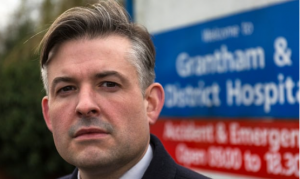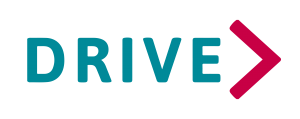Jonathan Ashworth (Shadow health secretary) UK.
The Guardian has reported that more than half of the local authorities in England have cut their budgets for alcohol and drug treatment, even though admissions to hospital for problems related to addiction are soaring, say MPs.
Liam Byrne, the chair of the cross-party parliamentary group for children of alcoholics, and Jonathan Ashworth, the shadow health secretary, have both spoken of the trauma of growing up with an alcoholic father. They are among a number of MPS who are challenging the cuts.
The data comes from a freedom of information (FoI) request by Byrne to local authorities, which are responsible for drug and alcohol treatment in their areas while stuggling to provide recources with huge cuts to budgets.
Bryne commented “Every child of an alcoholic comes to learn the brutal hard way that we can’t change things for our parents, but we can change things for our children,”.
This data has been indicating that alcohol-related hospital admissions are up by 13%, which constitutes 39,000 more in 2018 than in 2009. This is occuring alongside alcohol treatment budgets being cut by 4%.
You can read more here.



